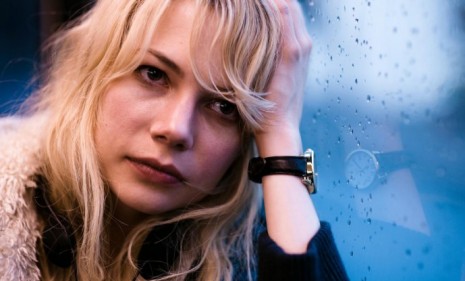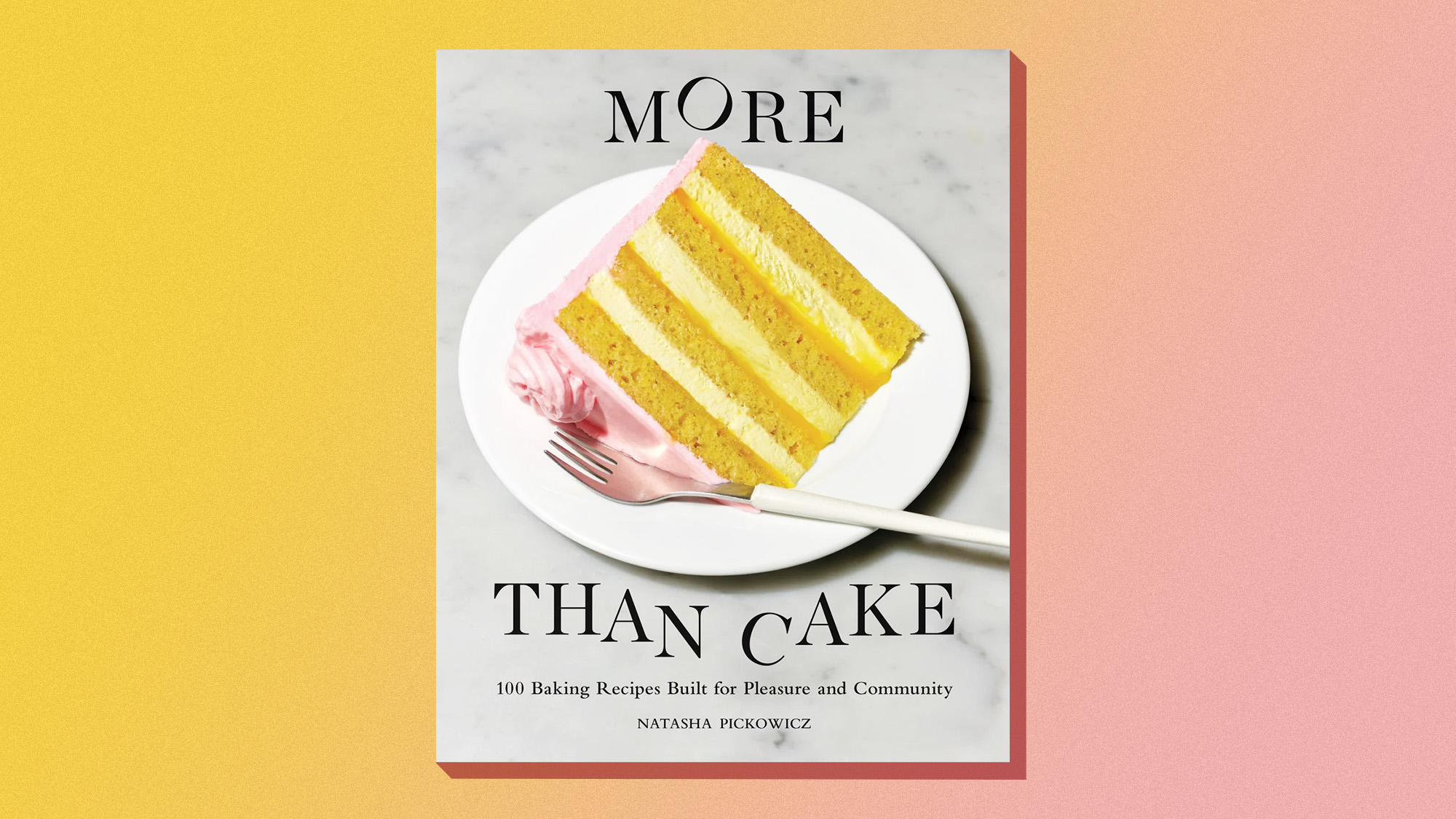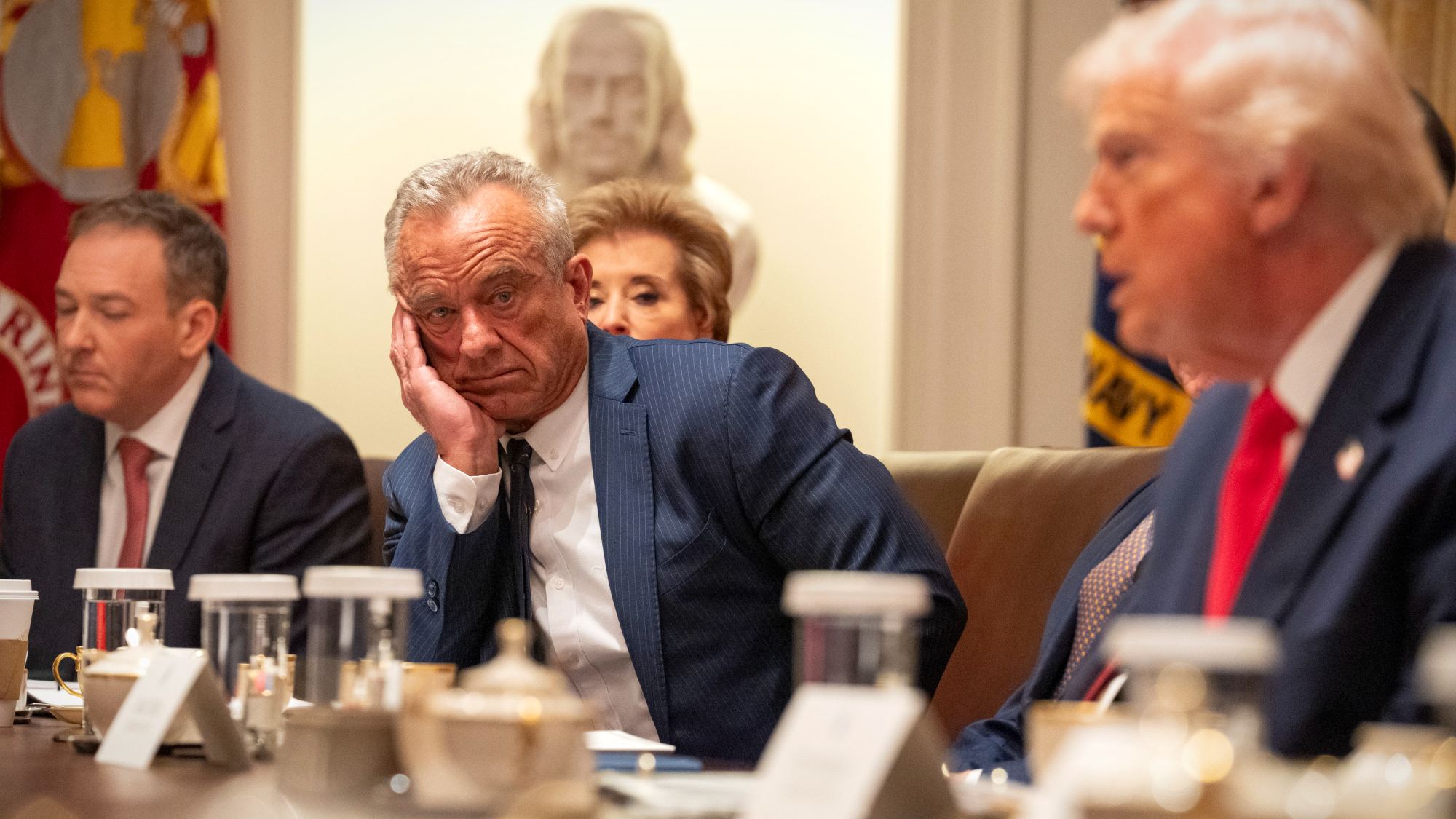5 reasons people are talking about 'Blue Valentine'
Sexy and stunning? Or sexist and depressing? For a small film, "Blue Valentine" is generating big debates... and Oscar buzz

Since the Motion Picture Association of America slapped an NC-17 rating on Blue Valentine last October, the forlorn little indie film, which stars Michelle Williams and Ryan Gosling as a young couple in a heartbreakingly doomed marriage, has been getting big buzz. (Watch the trailer for Blue Valentine.) Although the rating ruling has since been overturned (the film is in theaters as an R), Valentine is still generating chatter and Oscar hype for its two stars, who both nabbed Golden Globe nods. Here are five things that have people talking about the film for better or worse:
1. It's been brilliantly marketed
"You gotta hand it to [the film's distributor] Harvey Weinstein," says Patrick Goldstein in the Los Angeles Times, who "cagily" turned its initial NC-17 rating into press, waging an all-out war with the MPAA "over a brief snippet of oral sex in the film." It was a win-win way to "sell the sizzle" in a film that's a "serious downer." Even if he lost, "he could put the movie out unrated, billing it as the movie the MPAA didn't want you to see." But since he won, he can bill the film as "uncut and uncensored" — "code for 'check out the sex scenes.'"
The Week
Escape your echo chamber. Get the facts behind the news, plus analysis from multiple perspectives.

Sign up for The Week's Free Newsletters
From our morning news briefing to a weekly Good News Newsletter, get the best of The Week delivered directly to your inbox.
From our morning news briefing to a weekly Good News Newsletter, get the best of The Week delivered directly to your inbox.
2. It bravely examines how class issues can ruin a marriage
"Blue Valentine is centrally about class... without ever saying so," says Kyle Smith in the New York Post. The film's depiction of the class and cultural divides in a troubled marriage give it a "force" lacking in most films, where lower-class people tend to be portrayed as "piteous, comical or (especially when they're minorities) as sprites whose magical simplicity can be used to cure the angst of therapy-needing professionals."
3. It's sexist
Director Derek Cianfrance's film reveals "if not out-and-out misogyny, then at least a lack of interest in imbuing his female character with the rich interior life and complicated morality he gives his male lead," says Karina Longworth in The Village Voice. Michelle Williams' character, Cindy, "is written as a cipher" and we're given "just enough information about [her] past to be able to write her off as a tempestuous slut."
A free daily email with the biggest news stories of the day – and the best features from TheWeek.com
4. It's part of Hollywood's anti-marriage history
"There was a time when Hollywood portrayed marriage as a happy institution that was key to a healthy society," says Carl Kozlowski at Big Hollywood. But 1966's Who's Afraid of Virginia Woolf ushered in a wave of "devastating cinematic portrait[s] of poisonous marriages and repressed lives." Not only does Blue Valentine, the latest example, fixate on marital woes, it depicts a "dispassionate" wife who needs to cut her husband some slack and "put more work into the marriage" given the "epic sacrifices" he's made for her.
5. It's so genuine, it's hard to watch
Blue Valentine is a "rare creation: A love story that doesn't shy away from sex, ignore its consequences, or droop into pointless fantasy," says Anthony Lane in The New Yorker. With "vital, untrammelled performances" from Williams and Gosling and the story's "overwhelming proof that hurt is the bedfellow of love," this film is heartbreaking. "I can't forget it, but I'm not sure that I'll be seeing it again."
-
 Education: More Americans say college isn’t worth it
Education: More Americans say college isn’t worth itfeature College is costly and job prospects are vanishing
-
 One great cookbook: ‘More Than Cake’
One great cookbook: ‘More Than Cake’the week recommends The power of pastry brought to inspired life
-
 Democrat files to impeach RFK Jr.
Democrat files to impeach RFK Jr.Speed Read Rep. Haley Stevens filed articles of impeachment against Health and Human Services Secretary Robert F. Kennedy Jr.